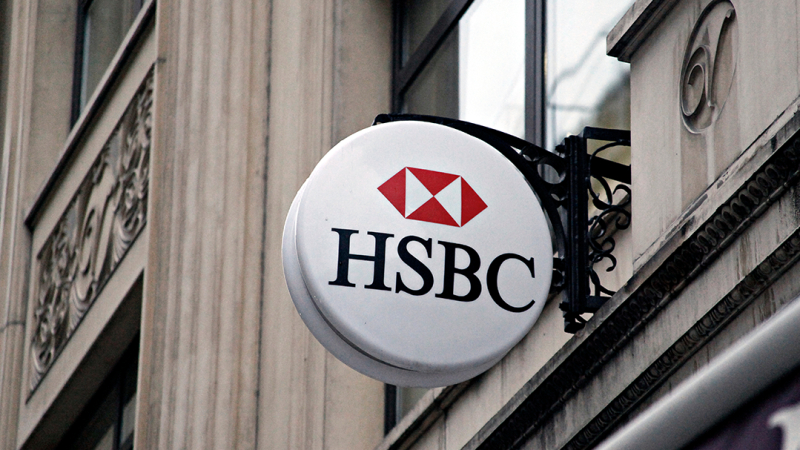HSBC’s new climate commitments exclude the bulk of its finance to oil & gas companies

Last year, HSBC committed to publish emission reduction targets for its ‘Oil and Gas’ and ‘Power and Utilities’ portfolios following months of negotiations between HSBC and a $2.4tn coalition of investors led by campaign group ShareAction, who in January 2021 had filed a shareholder proposal calling on the bank to reduce its exposure to fossil fuels.
Today, HSBC has released these targets: the bank is targeting a reduction of 34 per cent in absolute on-balance sheet financed emissions by 2030 for the Oil and Gas sector, and a reduction of 75 per cent in emissions intensity for its Power and Utilities portfolios.
However, the bank’s targets do not cover emissions arising from its capital markets activities, despite reporting on those in its 2021 Annual Report. This is concerning as ShareAction found that 60 per cent of HSBC’s financing to top upstream oil and gas companies is in the form of capital markets underwriting. Barclays, a direct peer, has shown leadership in this area by including facilitated emissions in its energy portfolio targets in 2020.
Furthermore, the bank made the controversial choice of categorising the distribution of syndicated loans as capital markets activities, thus exempting further financial activities from its climate targets.
Jeanne Martin, Senior Campaign Manager at ShareAction, responds: “We welcome the bank setting an absolute target for the ‘Oil and Gas’ sector and incorporating all relevant greenhouse gases, including methane, in the scope of its targets. However, HSBC’s decision not to include capital markets activities – which make up the bulk of its financing to the sector – should raise questions about the credibility of its strategy. We consider this omission to be a breach of the spirit of the agreement that was reached with HSBC, ShareAction and investors in March 2021.”
HSBC also indicated that it would ask clients for transition plans. However, no details are provided on which clients will be asked to provide transition plans, what these plans must include, and what the consequences will be for clients that provide inadequate plans. The IEA made clear just last year that a 50 per cent chance of reaching net-zero by 2050 required no new fossil fuels.
HSBC’s ‘engagement-only’ strategy – of vaguely encouraging clients to transition without any clear consequences for those that fail to act and failing to restrict financing to oil and gas expansion - is questionable to say the least. The bank was recently found to be the largest European financier of companies expanding oil & gas production. These include Saudi Aramco and ExxonMobil, two companies that are globally renowned for refusing to act meaningfully on climate change.
Jeanne Martin adds: “The IEA last year made clear that net-zero by 2050 means no new fossil fuels. HSBC’s decision to ignore this warning should raise red flags about the bank’s commitment to net-zero. HSBC is Europe’s largest provider of financing to top oil and gas expanders such as Saudi Aramco and ExxonMobil. Expecting these companies to stop investing in new fossil fuels because HSBC gently asks them to is simply not credible. HSBC should restrict financing for new fossil fuels – and do so now.”
From www.shareaction.org. See also this statement from Market Forces about HSBC's new targets.
